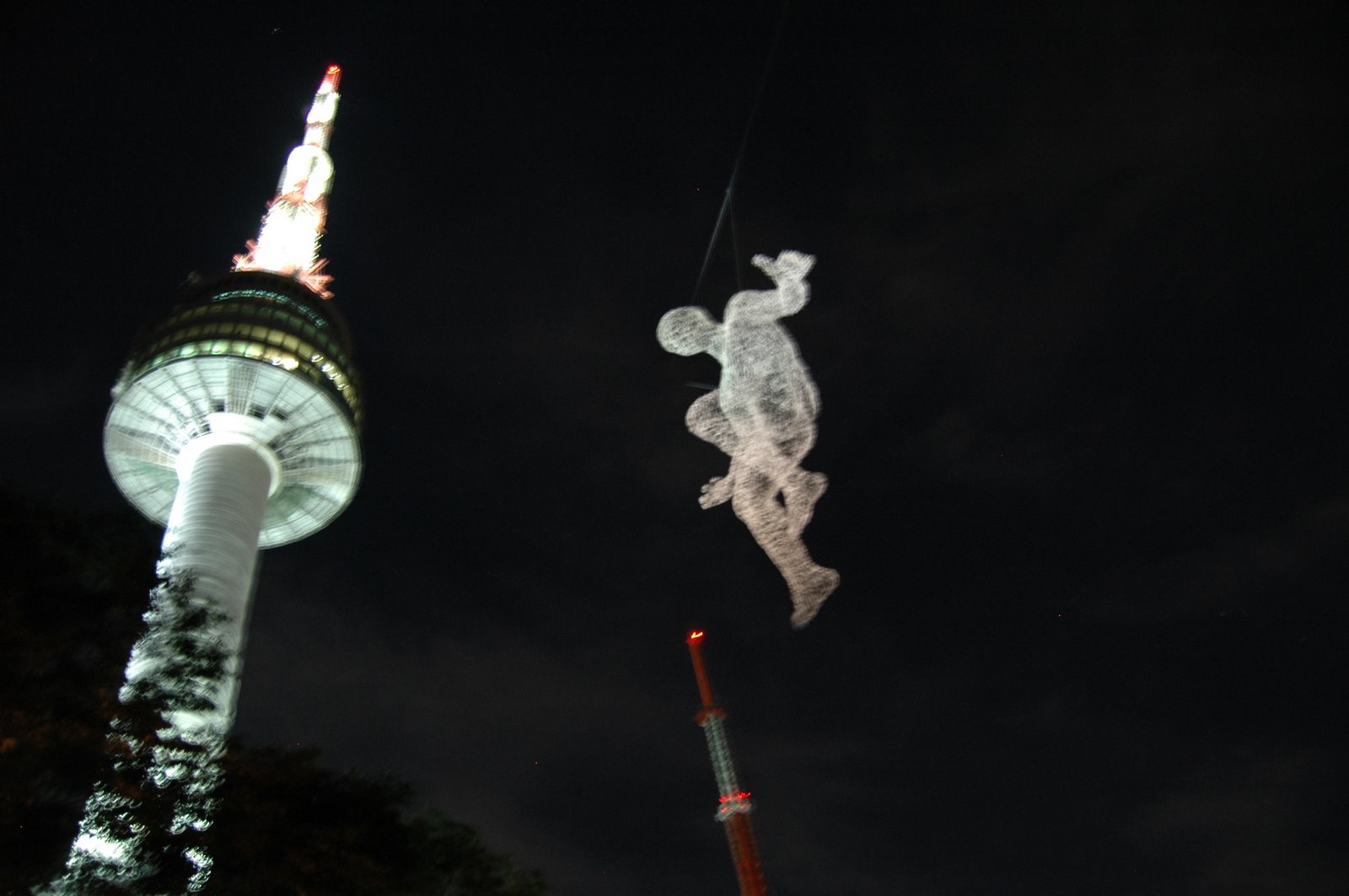 At the Gay Pride Parade on May 31, hundreds of homosexual Koreans and expats converged at the Cheonggye Stream in downtown Seoul.
At the Gay Pride Parade on May 31, hundreds of homosexual Koreans and expats converged at the Cheonggye Stream in downtown Seoul. They came together for communion, community and camaraderie - to celebrate their sexuality healthily, out in the open, in the daytime.
For gay and lesbian expats living in Seoul, theirs is a life of relative openness. Many are far from family and friends who might otherwise disapprove - which makes them a little more fortunate than their Korean brothers and sisters.
As a country deeply rooted in Confucian tradition, in Korea there is a heavy focus on carrying on the familial genetic line. When it comes to homosexuality, this is not yet a tolerant society and far from accepting.
Cho Jeong-kwon, a 27-year-old university student, has been active in the gay community for five years but has not told his family he is gay.
"It is very hard to say," he said. "I can't imagine that they accept my sexuality.
"Several times I tried, but it was impossible. I don't like to lose my family because I love them."
Cho finds comfort in the gay community.
"We share a big same secret," he said. "So I think we can understand each other. I feel there is some kind of wall with straight people."
Then there is Hong Seung-chan, a 25-year-old university student, who has been openly gay for four and half years.
Hong said he knew he was gay when he was 13.
"Of course my parents, teachers, friends - nobody had any idea," he said.
He became more independent after high school and began using the internet to find other people like him. Once his mother discovered his on-line activity, their problems began.
Though she objected, he told her he would continue to try and meet other guys.
"She did literally anything to stop me," he said.
"I felt that my life was unreal. I didn't even have a single vague image of what I was going to be. I had to meet someone like who I was, talk about the issue, or have some dates and live a real life."
When Hong got out of the Army he went looking for a gay community. He found Chingusai - the human rights group for gay men. Though he was nervous, he went to their monthly meeting last November.
He felt better when he got home, but made the mistake of leaving fliers from the meeting in his room. His mother found the fliers, and, after he went to another meeting, she realized that he had become a member of the group. She told his father, and his parents threw him out of the house.
He found a place to stay with another Chingusai member and is still enrolled in school.
"There aren't too many things changed," he said. "First, I am in the gay community now, and second, I think I know better where I'm going in my life."
Cho's life is different. His parents are confused about his lack of a heterosexual relationship.
"Always they ask me, 'Why don't you have a girlfriend?' Then I say 'I don't know. I think I am not popular to girls."
Even his friends who know about his sexuality still misunderstand him, he said.
"They don't know what I'm suffering, but I have no choice because the gay community is just my secret life," Cho said, adding that there is a fear that his gay friends will "out" him.
"When I run into my gay friends on the street, if I am with my straight friends I don't say 'hi' to my gay friends."
In the past, gay and lesbian Koreans who have come out to their families have been disowned and forced into "medical treatment" or unwanted marriages.
In 2000, a famous television actor announced he was gay, becoming the first public figure to come out in Korea. The announcement cost him his job and subsequently made it difficult for him to find work. When he told his mother he was gay she suggested they drink poison together.
Eight years later, Hong Seung-chan thinks the older generation still views homosexuality as weird but the younger generation considers it fashionable.
"I still don't think people consider it a real issue," he said.
To him, the biggest problem for a gay man in Korea is staying in the closet.
"I think it's a matter of people living a healthier life," he said. "I want people to believe in themselves and not sacrifice their entire life for others. I know it's very hard to be 'out' in Korean society but if people are willing to push through, all the way out, I think it's absolutely worth it."
Cho disagrees.
"I think if I say I am gay, I fight the whole Korean society."








